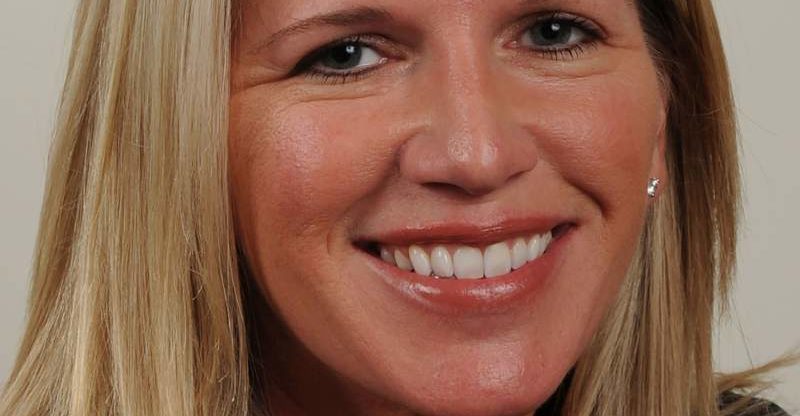Since the passage of Proposition 64 making recreational cannabis legal in California, there has been some confusion among employers as to whether they are required to accommodate an employee’s use or possession of the drug.
What should an employer do, for instance, if a new employee tests positive for cannabis? Since use of cannabis for medicinal purposes has been legal since 1996, what if a worker presents a doctor’s note for it? Are employees now allowed to smoke, vape or nibble cannabis edibles while at work? What if an accident occurs and an employee subsequently tests positive for cannabis?
The short answer is that employers do not have any obligation to accommodate cannabis use.
Like John Travolta explained in the film “Pulp Fiction,” “It’s legal, but it ain’t a hundred percent legal.”
RIGHT TO FIRE
Although legal issues have arisen over the termination of workers for cannabis use, employers are protected by language in the law.
“Prop. 64 does nothing to change an employer’s right to drug testing or termination. There is a clause specifically written into the legislation that expressly protects an employer’s right to do so. In 2008, Prop. 19 failed because it did not have that clause,” said Susan T. Daniel, founder and principal of Employee Relations Consultants, a human resource consulting firm in Santa Rosa, and also instructor of employment law at Empire Law School.
WHEN HIRES TEST POSITIVE
Largent cited a seminal 2008 decision — Ross vs. RagingWire Telecommunications — in which the California Supreme Court dismissed a lawsuit by an employee who had tested positive for marijuana in a pre-employment drug screen. The court ruled that legalized medical marijuana did not create a general right to use it, but the allowance only protected patients from criminal sanctions.
“Under California law, an employer may require pre-employment drug tests and take illegal drug use into consideration in making employment decisions,” the ruling said.
“The law in this case immunizes employees from criminal law but doesn’t change an employer’s drug policy,” Largent said.
In 2016, a federal district court in California reaffirmed that an employer, in this case Kohl’s department store, maintains the right to discipline employees even where the marijuana use is recommended by a physician: “It does not violate [California’s laws against workplace discrimination] to terminate an employee based on their use of marijuana, regardless of why they use it,” the ruling said.
FREE TO BAN — WITH CAUTION
A November report from the California Worker’s Compensation Institute, a private nonprofit organization of insurers and self-insured employers, also states employers are free to ban the use or possession of marijuana on the job.
Furthermore, federal laws, including the Americans with Disabilities Act and the Family Medical Leave Act also do not protect marijuana use in the workplace.
However, employers who do not have a well-documented cannabis policy could expose themselves to allegations of discrimination.
“I advise clients to modify their policy if necessary to make clear it’s illegal, giving employees clear expectations,” Daniel said.
Employers should make it clear that marijuana use is included in a restrictive policy.
“It’s one thing to have a policy; it’s another thing to enforce it,” Daniel said. “I tell people, you don’t want to have a policy if you’re not willing to enforce it. If an employer is going to test for drugs, they should let the employees know they are going to do it. They should also let employees know the effects of marijuana on the body, that it sticks around.”
PROOF POSITIVE REMAINS ELUSIVE
Because cannabis remains in a person’s system longer than other drugs, such as alcohol, it makes for a longer positive test result period. Also, impaired performance due to being under the influence of the drug can’t be pinpointed by any scientifically proven methodology, making it much harder to prove as the cause of an accident or poor performance.
Thus, proving that cannabis was the cause of an accident in the workplace presents an often insurmountable hurdle for employers. And in California, the burden of proof of intoxication rests solely on the employer.
“Tests for marijuana are very different from other drugs. They’re not nearly as precise, and marijuana stays in your system a long time. In this case, the law is ahead of technology and science,” said Daniel.
Industries that struggle with the issue include transportation and heavy-equipment operators, Daniel said.
TRAFFIC SAFETY QUESTION
A new report from the American Automobile Association found that fatal road crashes in Washington more than doubled after that state legalized recreational marijuana. The study is particularly relevant as transportation-related accidents are the leading cause of death in work-related accidents in California.
According to the most recent data, California’s Census of Fatal Occupational Injuries shows that 119 California workers were killed in on-the-job traffic accidents in 2014, followed by 75 deaths caused by workplace violence.
Those employers are protected by federal Department of Transportation guidelines that prohibit the use of medical marijuana for transportation jobs, even in states where it’s legal.
‘NO JOB PROTECTION’
While employers can currently treat marijuana as an illegal drug that need not be accommodated in the workplace, close monitoring of developing case law is critical, Largent said. Court opinions could shift as public policy evolves in favor of cannabis in general.
“There is tension between employers and citizens doing something legal and keeping their job. They have a right to use it, but there is no job protection,” she said. “The subject is getting more publicity from groups saying it’s unfair, but the only way its going to change is if state law allows for accommodation.”
Daniel agrees.
“I think we’re going through a period of feeling our way. It’s still too new,” she said. “We’re going to see the evolution of the law down the road.”








